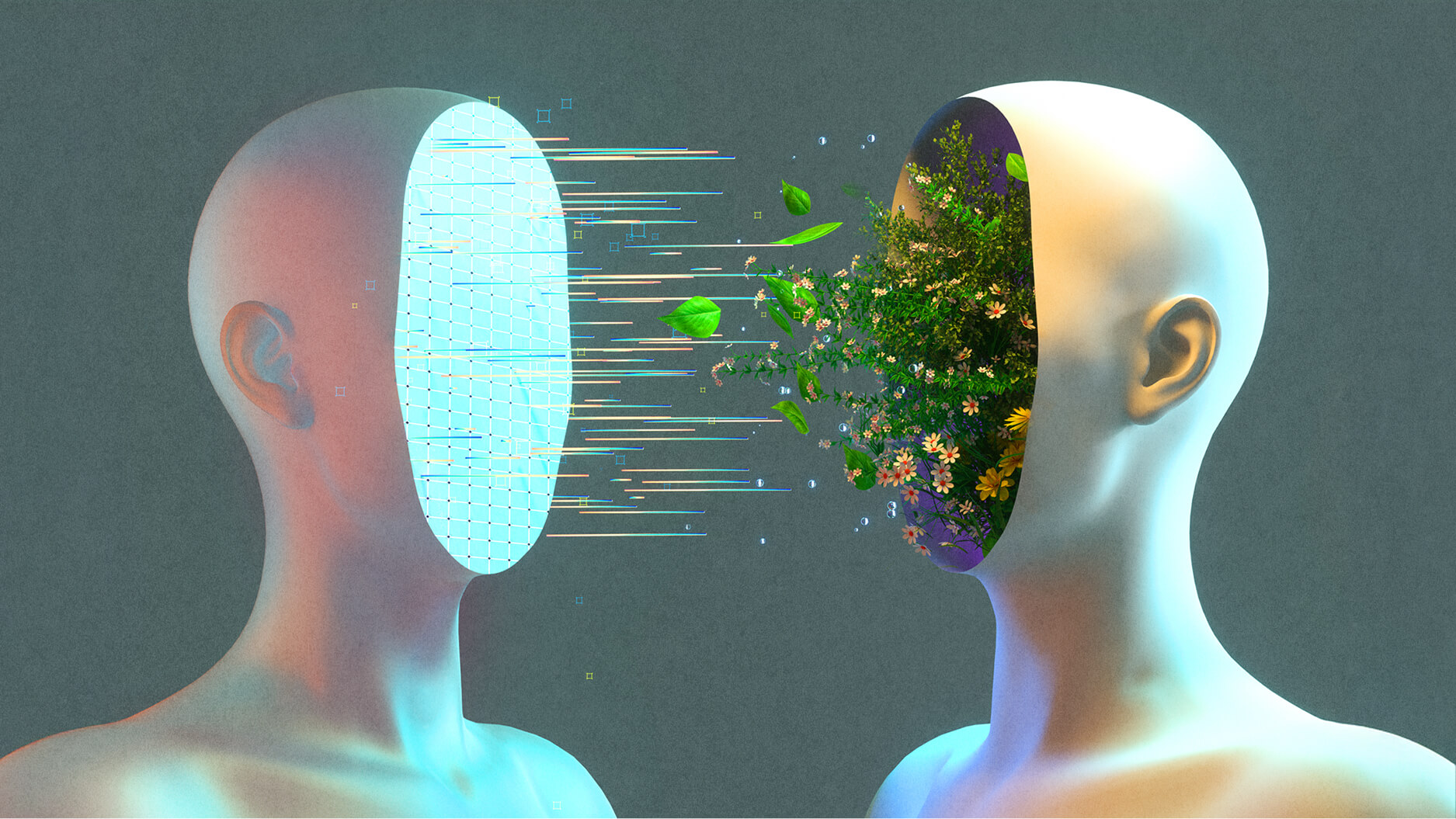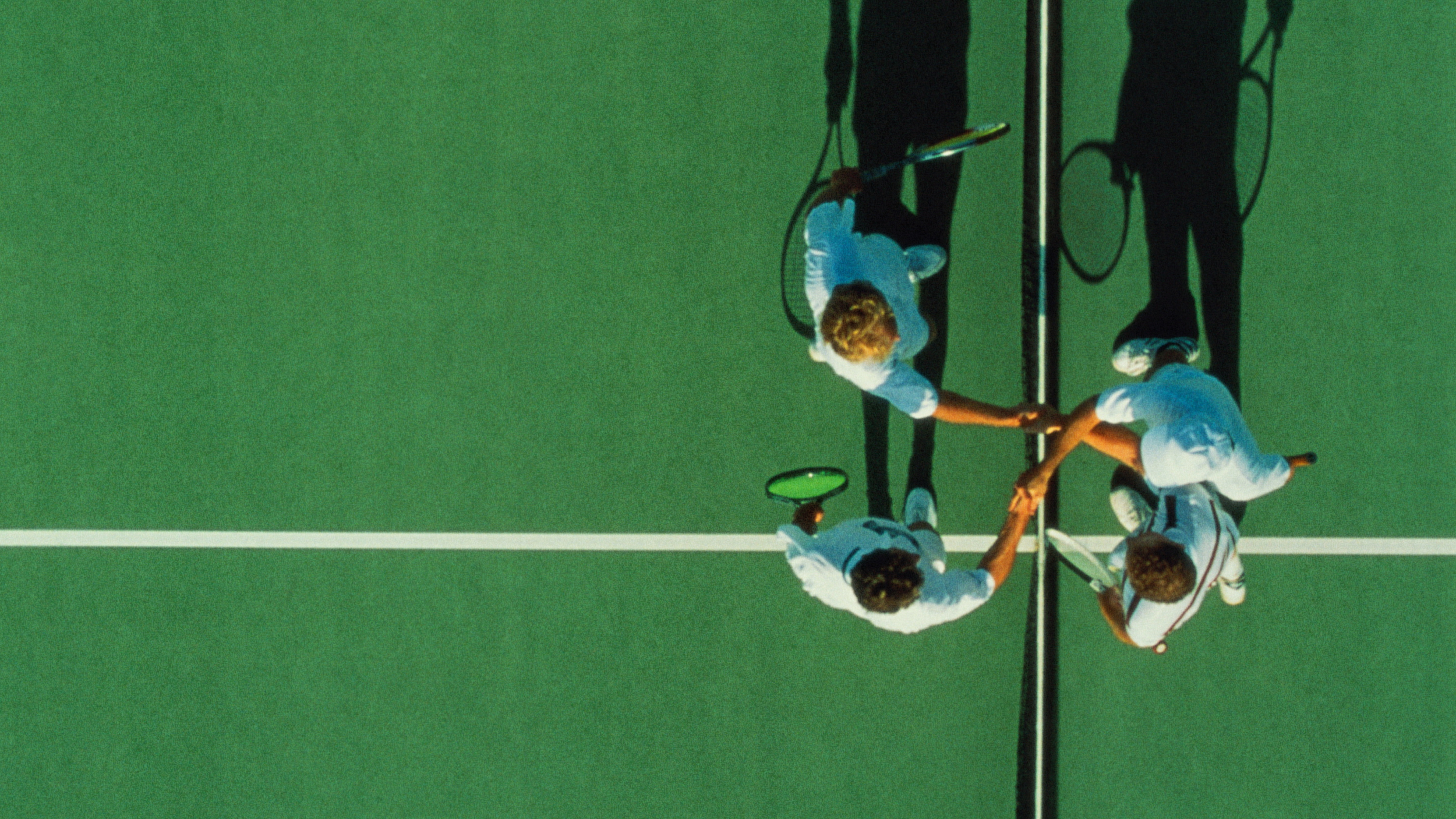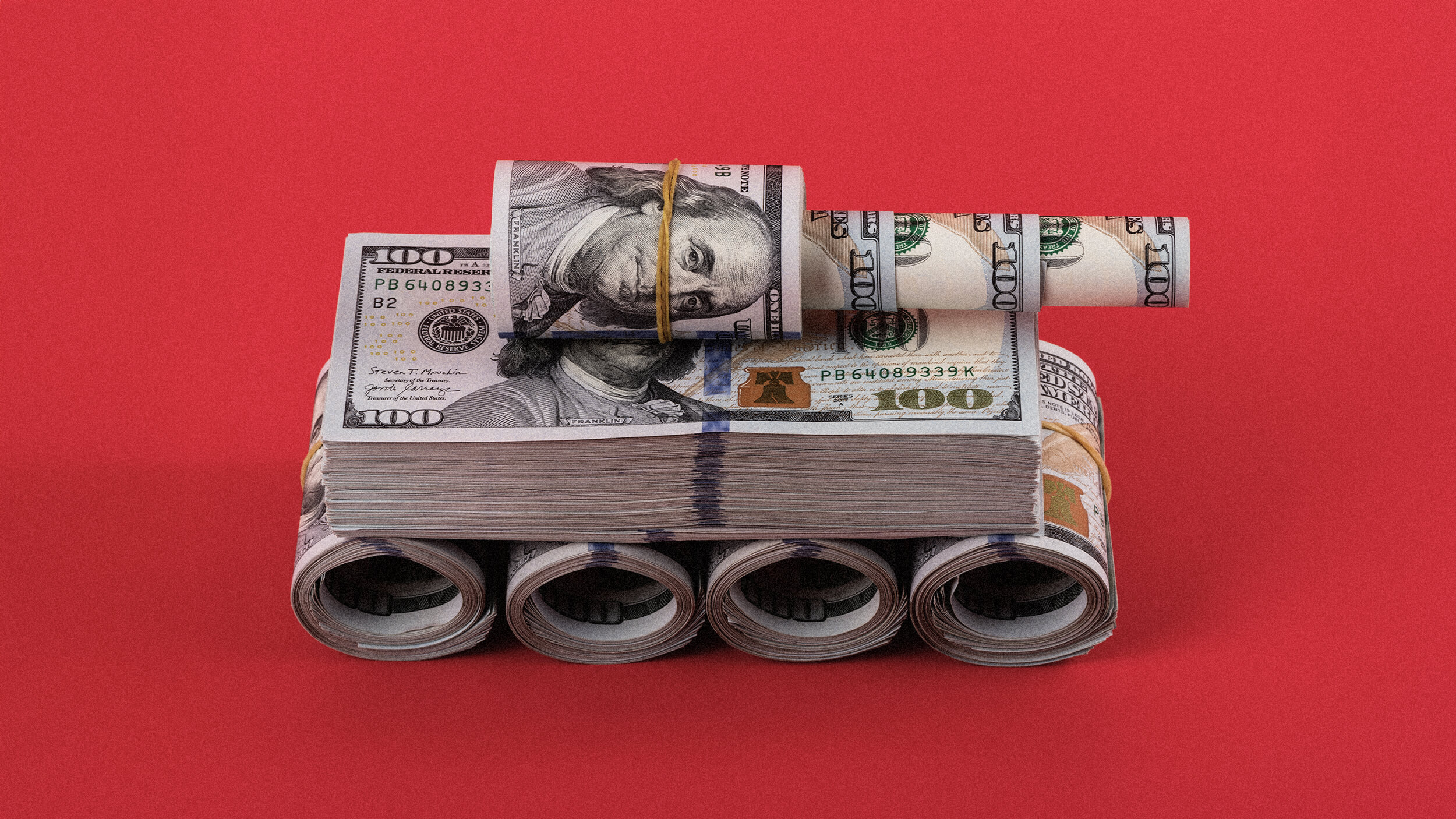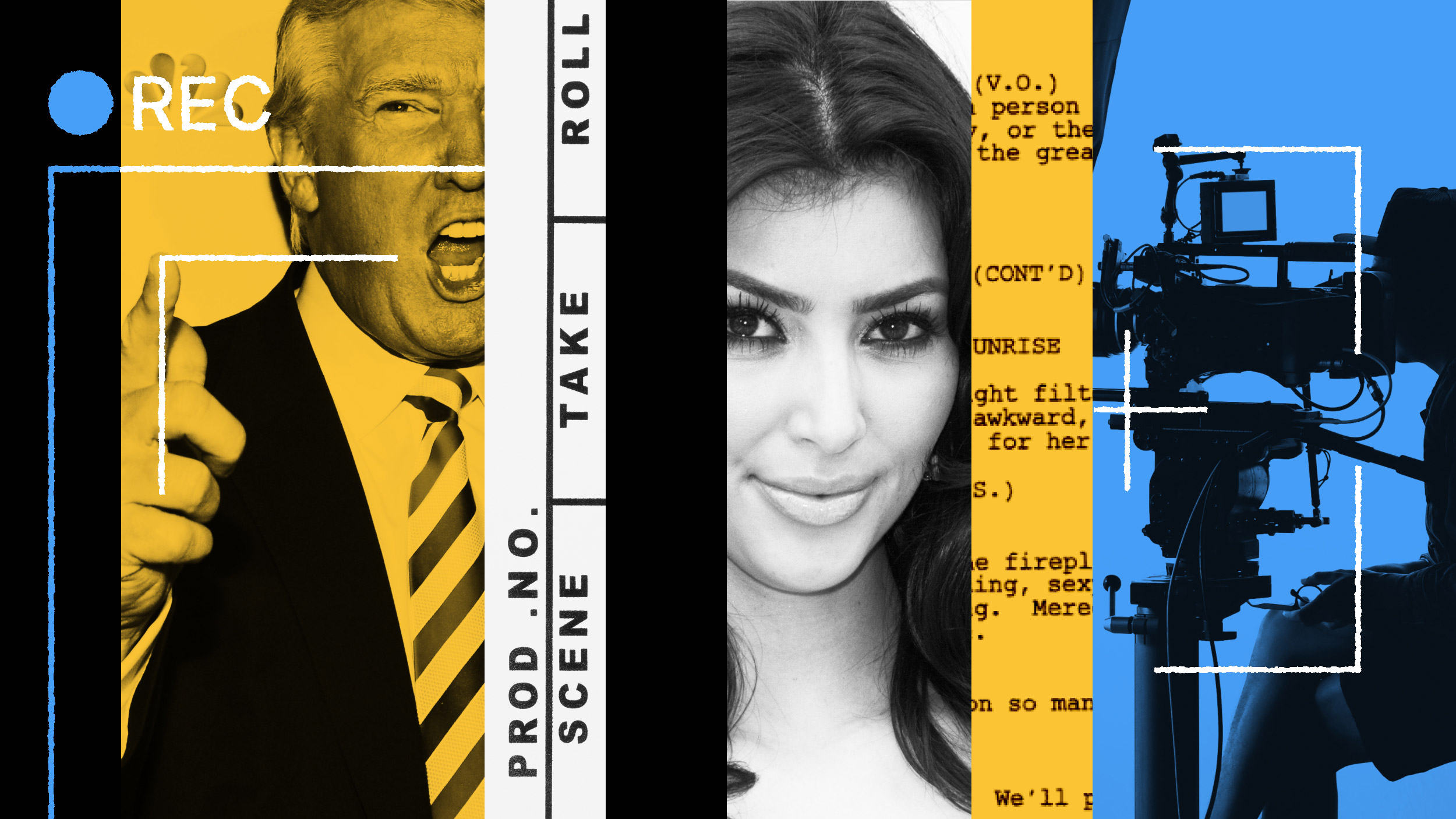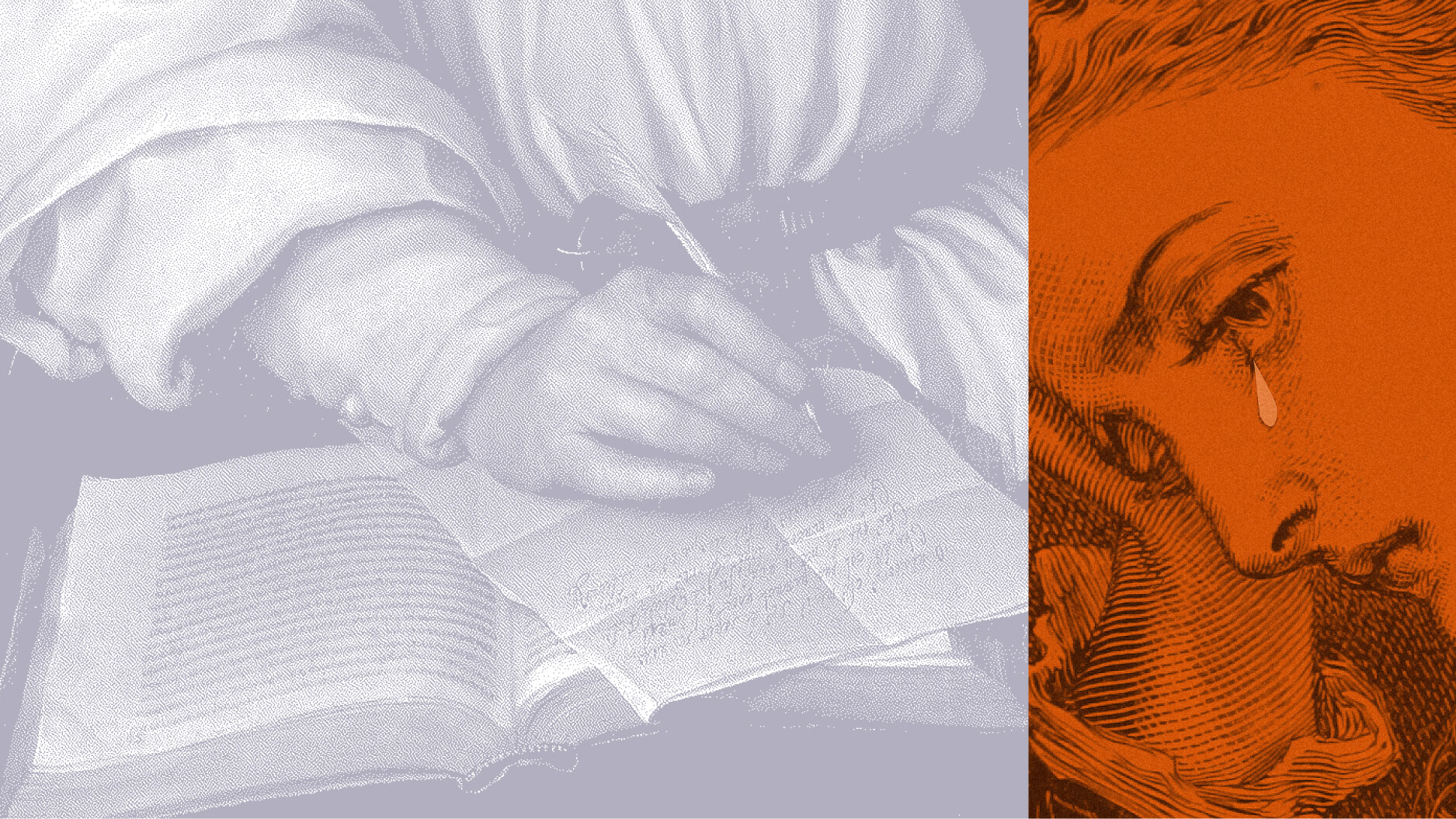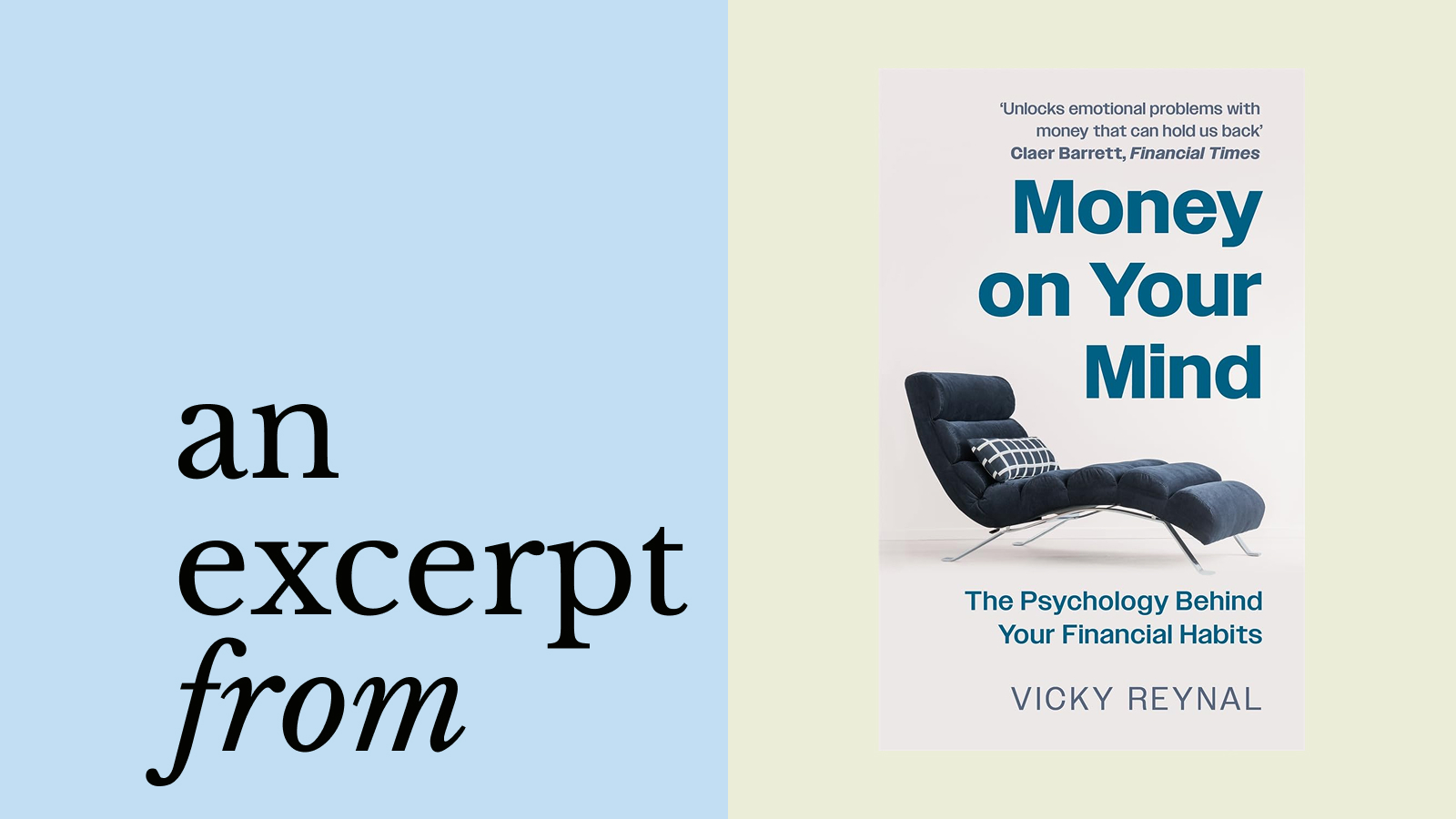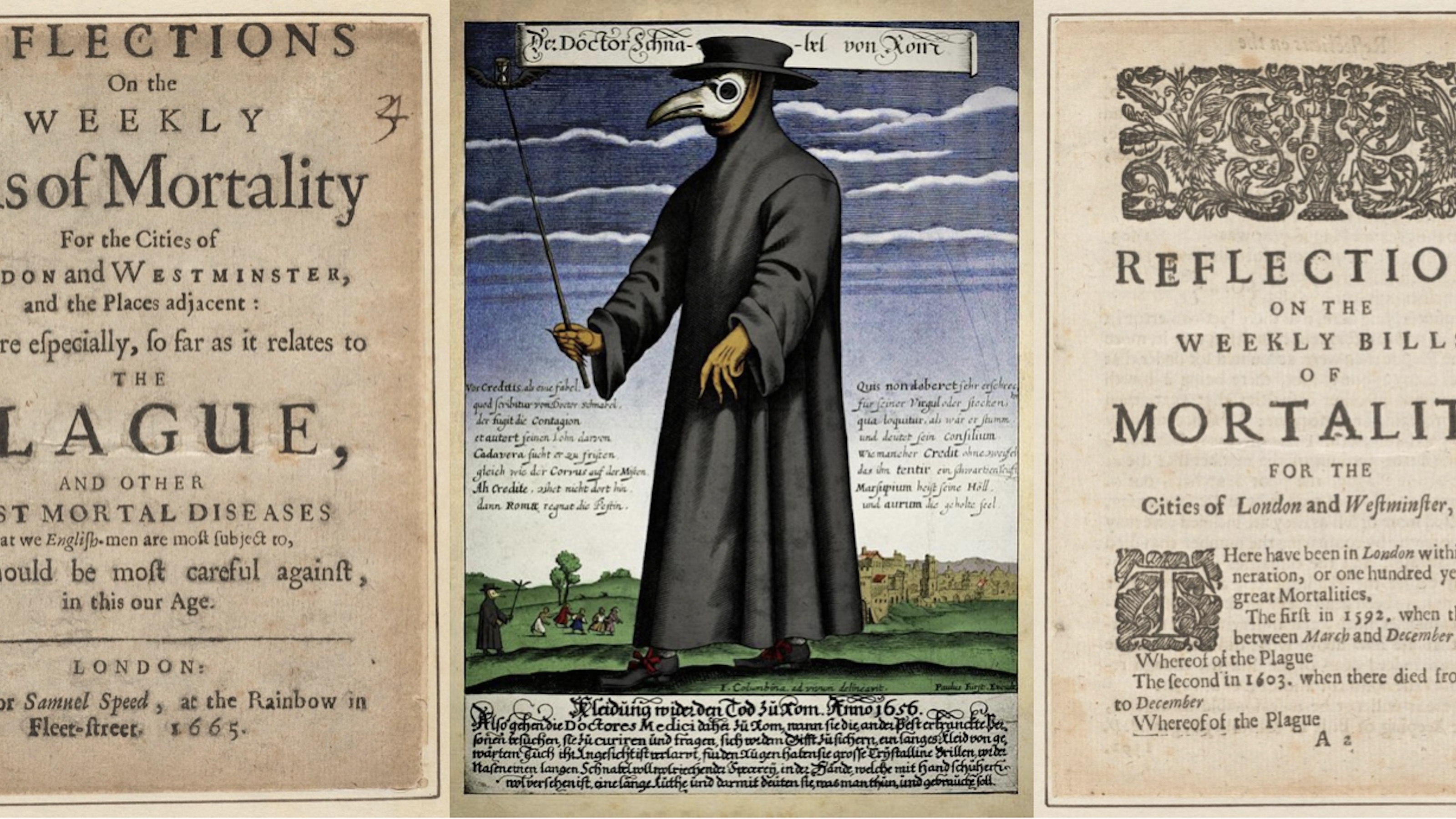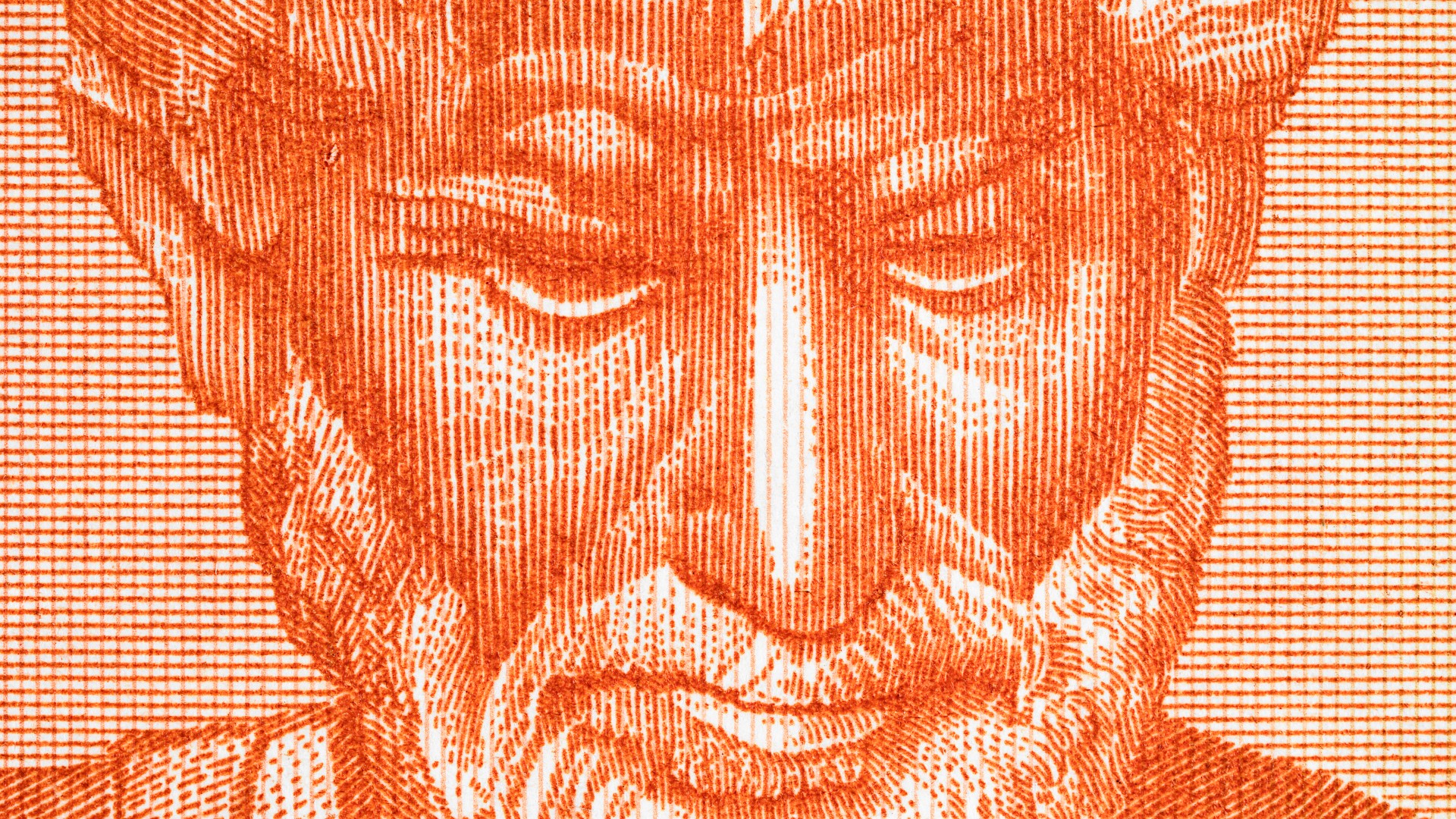books
Cognitive neuroscientist and AI researcher Christopher Summerfield explores the differences, and similarities, of how AI and humans make meaning of the world.
Buddhism has rules for slaying your enemies. But the real surprise is finding out who your enemies actually are.
By weaponizing the global economy, the U.S. initiated a new era of economic warfare and transformed how major powers compete.
You got your promotion — but managing the pressure inherent to your elevated role is now a crucial part of your job.
Reality TV created Donald Trump. But who created reality TV?
Groundbreaking invention does not always translate to commercial benefits. The challenges that faced Microsoft Research help explain why.
From acclaimed novels to heretical treatises, sometimes a writer just doesn’t want to put their name on the cover.
Magicians use “change blindness” to delight audiences — and you can use it to become an excellent colleague.
Migration statistics should be regarded with wariness as they are difficult to analyze properly and easily manipulated for political gain.
Professional sport is a hotbed of “performance anxiety” — and to start managing pressure in all settings, we need to properly define it.
The legendary investor explains the transformative Objectives and Key Results goal-setting framework with an imaginary Super Bowl strategy.
Former sports agent Molly Fletcher translates the discipline of great athletes into a framework for achievement in any field.
Rebuilding the NFL franchise in the early 2020s echoed the corporate overhauls that had transformed Boeing and Ford.
How choosing Stoic acceptance — not dour resignation — galvanized great leaders from Thomas Edison to Phil Jackson and Tony Hawk.
Major League Baseball and Ivy League research confirm that tackling well-being is hard work — but well worth the effort.
Today’s pseudoscience-ridden wellness industry owes a great debt to its forefathers.
“The only requisite for nonfiction is that it’s true,” says Nathan Thrall, author of the Pulitzer Prize-winning book “A Day in the Life of Abed Salama.”
By designing smart systems, we can help ourselves live up to our best intentions — and perform even better in our workplaces.
Philosopher and author Christopher DiCarlo outlines the key areas where AI continues to reshape the labor landscape.
Your teams need authentic caregiving, not an insincere plan to merely check all of the well-being boxes.
An approach based on collaboration and empathy can place “connection with people” at the heart of AI’s purpose.
From King Midas to Gordon Gekko, humanity has struggled to grasp greed’s true nature.
Can we learn to always look on the bright side of life?
Radically improve your work-life speaking and presentation skills with a technique used by musicians and brand-name politicians.
Pleasure, virtue, and doubt are necessary, but each is insufficient on its own.
An extraordinary haberdasher obsessed with buttons, lace collars, and death pioneered modern statistical analysis during the Age of Reason.
A wave of innovation is coursing through the nuclear industry — but ingrained opposition is the biggest roadblock.
Self-help often distills philosophical ideas for the modern ear. Sometimes, its better to go back to the source.
“We do not experience primarily because we have brains; we experience because we are alive.”
From tulips to Bitcoin, bubbles have been given a bad rap as destroyers of dreams — but they’re essential for our brightest future. Here’s why.
